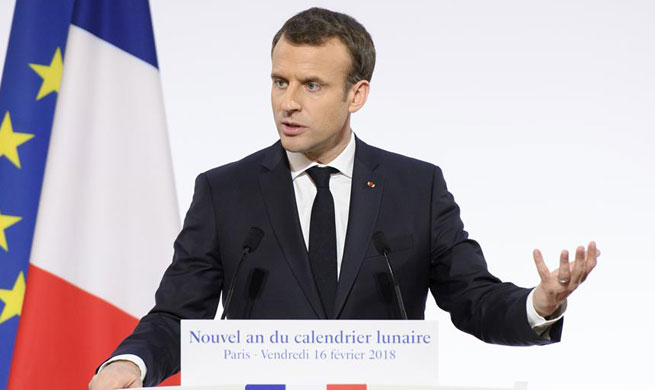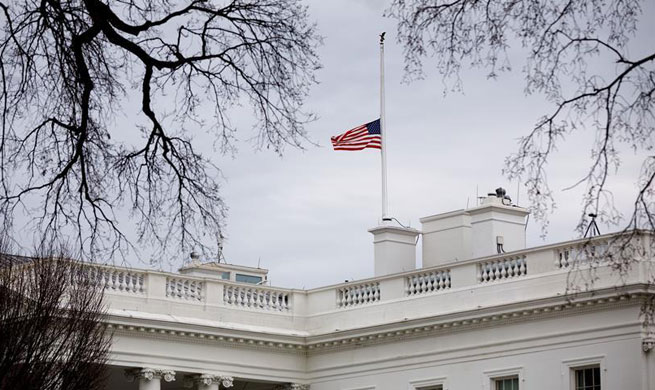MUNICH, Germany, Feb. 16 (Xinhua) -- New chapters should be opened for the European defense system, French Defense Minister Florence Parly said Friday in her speech at the 54th Munich Security Conference (MSC).
"We have a risk of increasing global confrontation. The alliances have their aspects, but we Europeans should take it seriously and look at it ourselves," Parly said.
"Europe is not a luxury, it is a necessity. But we have left it to bureaucrats and the tyranny of consensus," Parly said, adding that "Europe is something we have to revive".
Parly said that a robust European defense will start with efforts at member states, just as a good European economy begins with a robust national economy.
According to Parly, France has decided to spend 2 percent of its GDP on defense by 2025.
"To develop a joint strategic culture among Europeans, those who wish to and are capable of should be ready when they deploy. This must not be a concept, but it should be practical work," Parly said, calling for the necessity of a shared feeling of urgency and a shared action plan.
"When we are threatened in our own neighborhood... we have to be able to respond, even when the United States or the (NATO) alliance would like to be less implicated," Parly said.
For the European Union, common European defense has been a critical theme of the shift away from dependence on the United States, with the November 2017 signing and December 2017 launch of the Permanent Structured Cooperation (PESCO) agreement.
The PESCO pact will allow 25 participating EU member states to pursue greater cooperation on matters of defense and security.
PESCO and other European Defense Union initiatives have been presented as complements to NATO -- foremost a defense alliance -- but observers have noted that they represent a general change in political orientation, with European allies less confident of support and cooperation from the United States.
Earlier this week, in a clear and rare warning, NATO Secretary General Jens Stoltenberg argued against the development of European Union defense cooperation in competition with NATO, while U.S. officials also warned against protectionism in the European defense industry.
Over 500 participants from around the world attended the 3-day annual gathering for international security issues.

















